Why the Women’s World Cup might just be the biggest event of the year
Over the summer it will compete with the Cricket World Cup and The Ashes – events boosted by the fact that they take place on home soil but damaged by being confined to satellite television
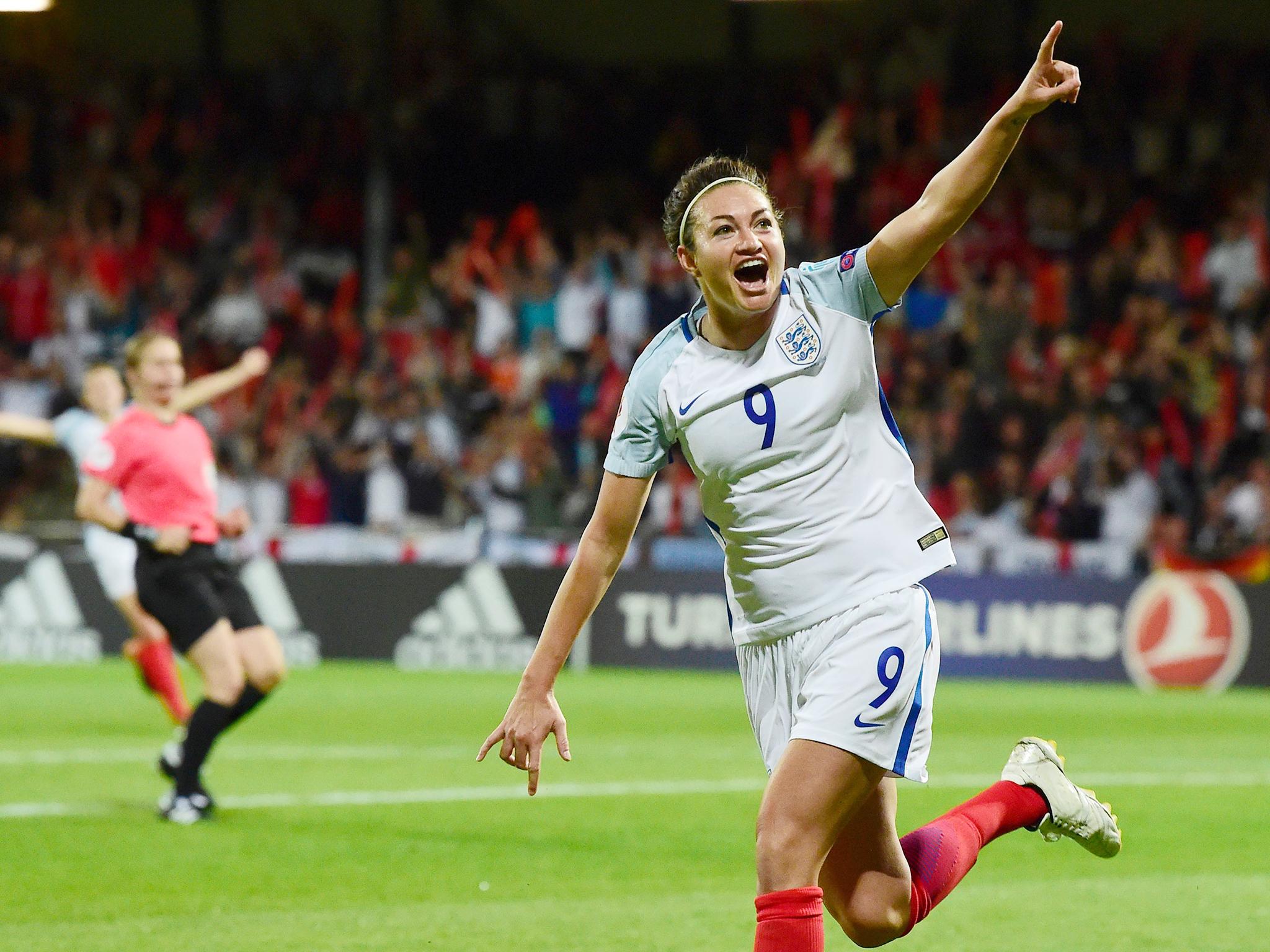
Your support helps us to tell the story
From reproductive rights to climate change to Big Tech, The Independent is on the ground when the story is developing. Whether it's investigating the financials of Elon Musk's pro-Trump PAC or producing our latest documentary, 'The A Word', which shines a light on the American women fighting for reproductive rights, we know how important it is to parse out the facts from the messaging.
At such a critical moment in US history, we need reporters on the ground. Your donation allows us to keep sending journalists to speak to both sides of the story.
The Independent is trusted by Americans across the entire political spectrum. And unlike many other quality news outlets, we choose not to lock Americans out of our reporting and analysis with paywalls. We believe quality journalism should be available to everyone, paid for by those who can afford it.
Your support makes all the difference.Without cheating and looking at the calendar, what do you think will be the biggest sporting event of 2019? Those who haven’t had a look at the schedule for next year will be racking their brains in search of an answer, shorn of the obvious big-ticket events like last year’s Winter Olympics and the World Cup in Russia. Those who have cheated and taken a sneak peek at the year ahead might not be too much better off.
For the coming year is an interesting 12 months of sport that might yet prove to be an inflexion point, and one that we should embrace. It is a damning indictment of too many structural issues to even list that a women-only sporting competition has never been the most talked-about event in a calendar year in the United Kingdom.
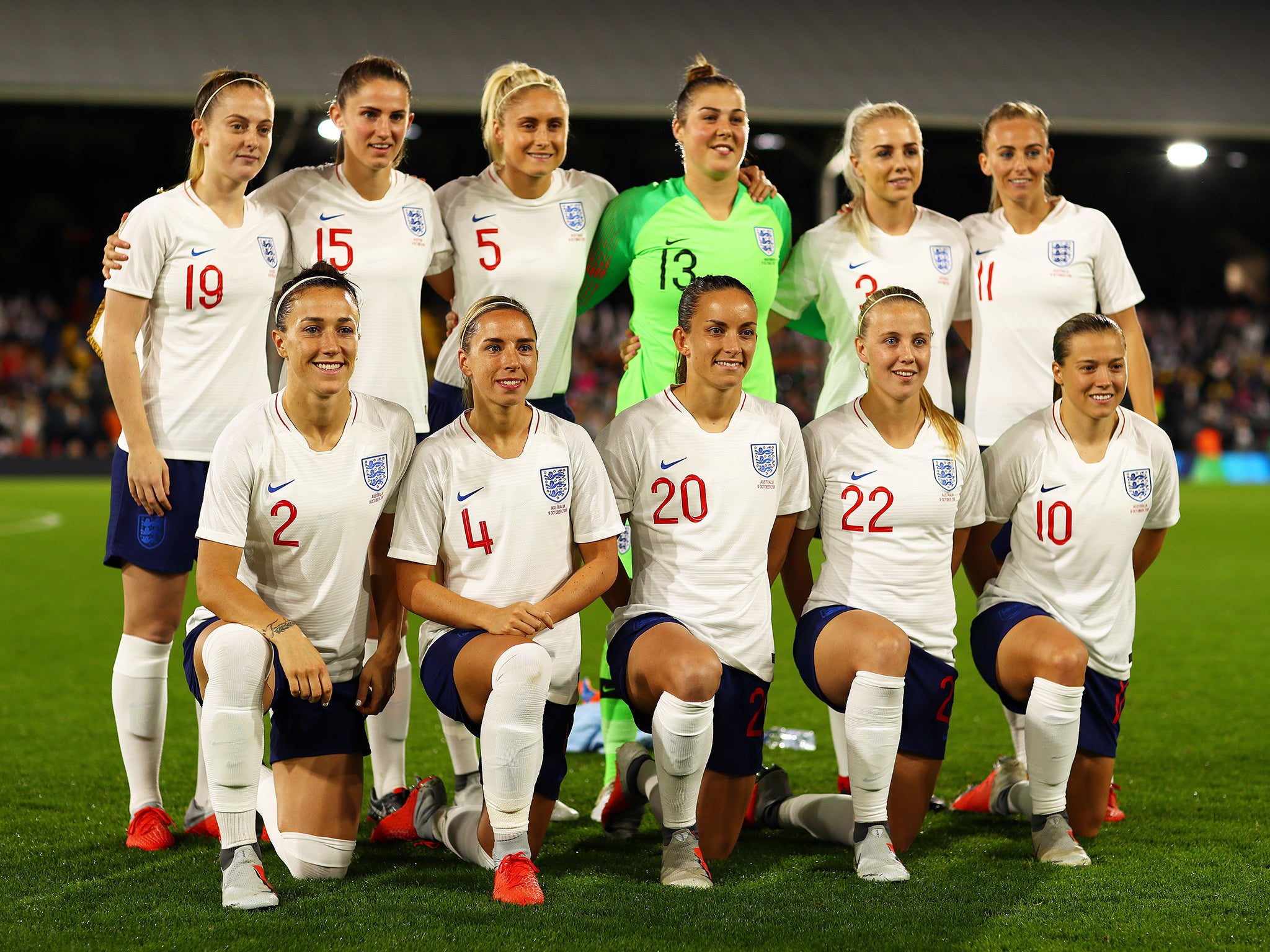
But I have a theory that this year, quite possibly for the first time in Britain, it will be a major competition with no men taking part that will become the talking point of the sporting year.
****
It was only a passing comment made in the spring of 2018, but it is one that may well have nicely captured a turning point in an industry worth billions. Draining the final dregs of a double espresso on a sun-mottled cafe terrace in east London, a leading executive from a sports marketing agency commented that they had already received far more commercial interest in sponsorships and activations around the Women’s World Cup in France than for Russia 2018.
Over a year out, the unpredictability of everything heading into Vladimir Putin’s back yard, a geopolitical minefield and a sporting one too, had the big hitters in the advertising world spending budgets elsewhere or holding them back until the summer of 2019, an otherwise fairly quiet few months for sport and one where the Women’s World Cup is likely to get more attention than it ever has in the United Kingdom.
England’s Lionesses, now helmed by Phil Neville, have a genuine shot at glory in France.
That is why, allied with the additional commercial interest, the Women’s World Cup may in hindsight end up being the biggest sporting event in 2019.
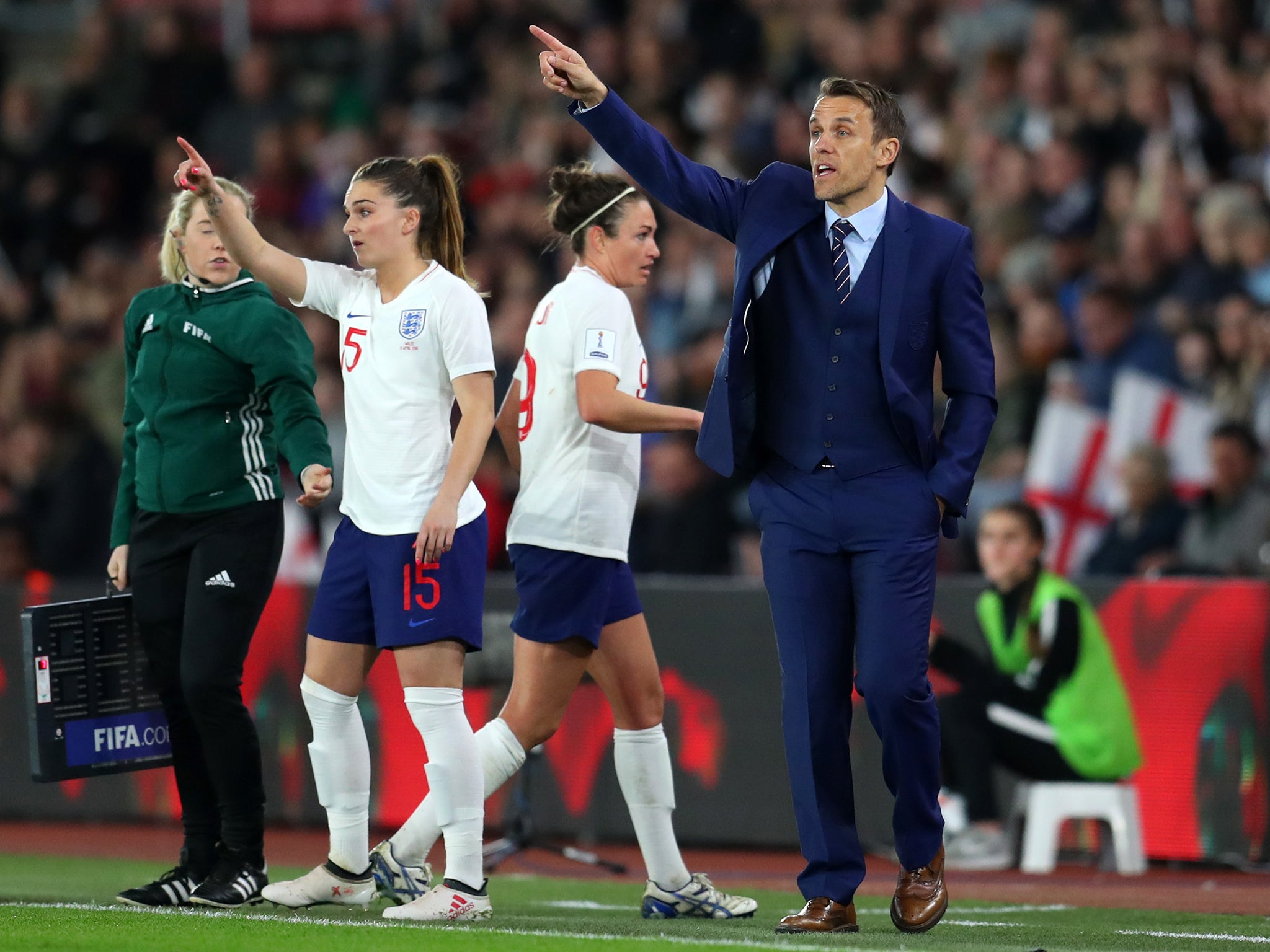
Over the summer it will compete with the Cricket World Cup and The Ashes – two events boosted by the fact that they are taking place on home soil but damaged by being confined to satellite television. Trevor Bayliss has turned England into an entertaining, powerful ODI unit and they are justifiably favourites for the World Cup. It is just hard to see how the public can get truly engrossed in a competition that won’t be widely available on television and in a format that is being squeezed out by T20’s money and Test cricket’s cachet.
The Ashes, following on from the World Cup, will likely be more present in the sporting conversation but once again falls behind the pay-TV barrier that was erected so thoughtlessly and so damagingly after the success of the 2005 series against the Australians. It is undoubtedly a good summer for cricket in England but neither of those events will capture the imagination of the country like the Women’s World Cup.
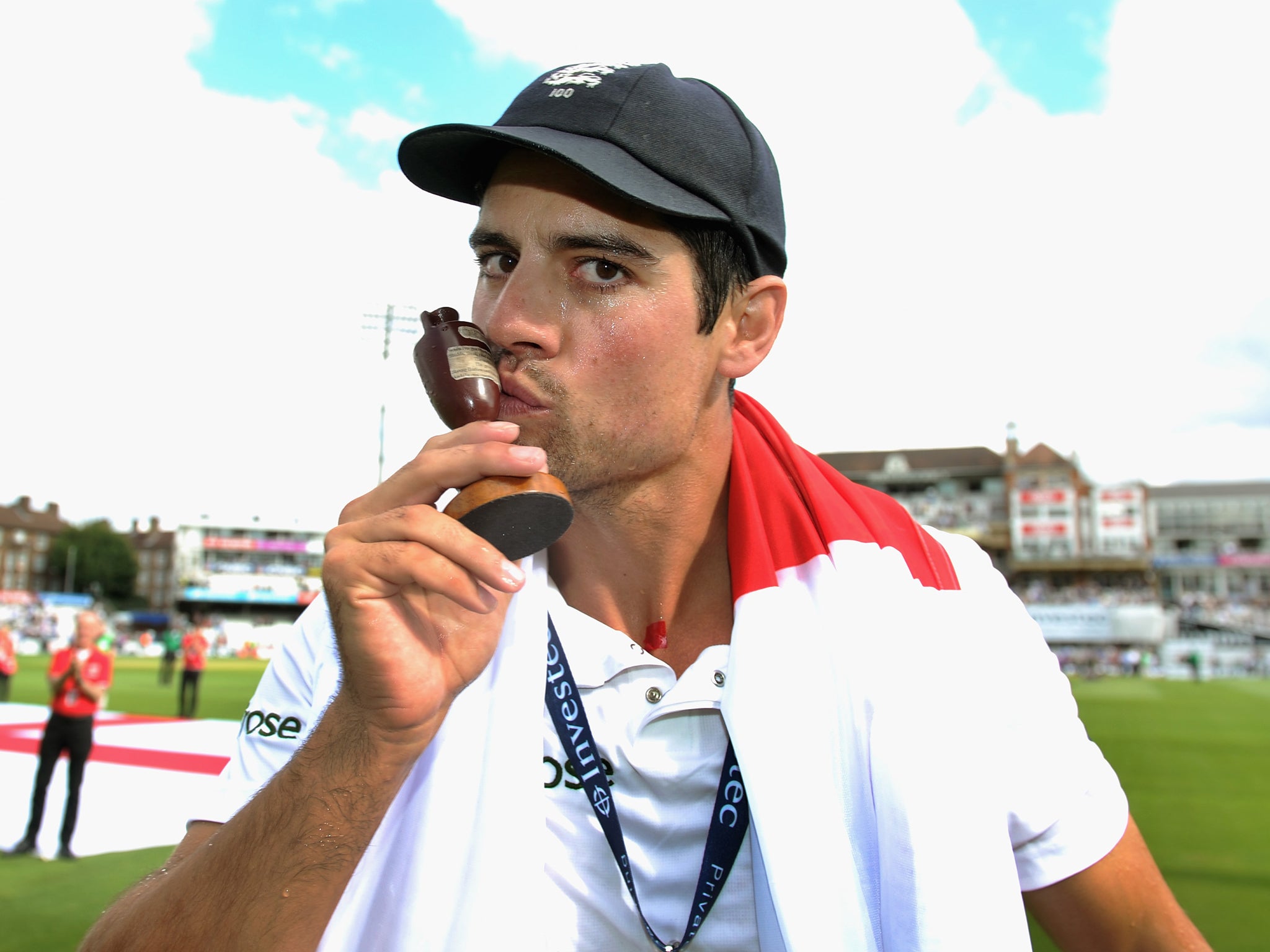
France 2019 has a unique opportunity to take the Lionesses’ share of eyeballs and column inches throughout June. Broadcast on the BBC, which will promote the event through its television channels and multitude of digital offerings, this tournament comes at a time when the women’s game has never been so popular – and now it has a chance to establish itself in the mainstream.
The deluge of support for Ada Hegerberg after being asked to “twerk” by host Martin Solveig as she was awarded the inaugural Ballon d’Or reminded the world that there is still some distance to go in terms of how women are treated within the male-dominated world of professional sport, but what better chance to ingrain new ideas and new hobbies in the hearts and minds of young people than English success in a sport they understand and that will be easily accessible?
Owning the conversation around the event is so key to making it a success and sponsors are queueing up to ensure the Women’s World Cup is the biggest yet. Considering the growth of the women’s game since its last global get-together in 2015 – Manchester United didn’t even have a team until May 2018 – there is such scope for an explosion during this summer’s tournament and an impact that won’t be matched by 2019’s other major sporting events, be that the Rugby World Cup or the World Athletics Championships.
Rugby’s global showcase has a chance of capturing the public’s imagination if England can win in Japan, but given the time zone it will be the sort of champagne-at-breakfast success that accompanied the World Cup win on Australian soil in 2003.
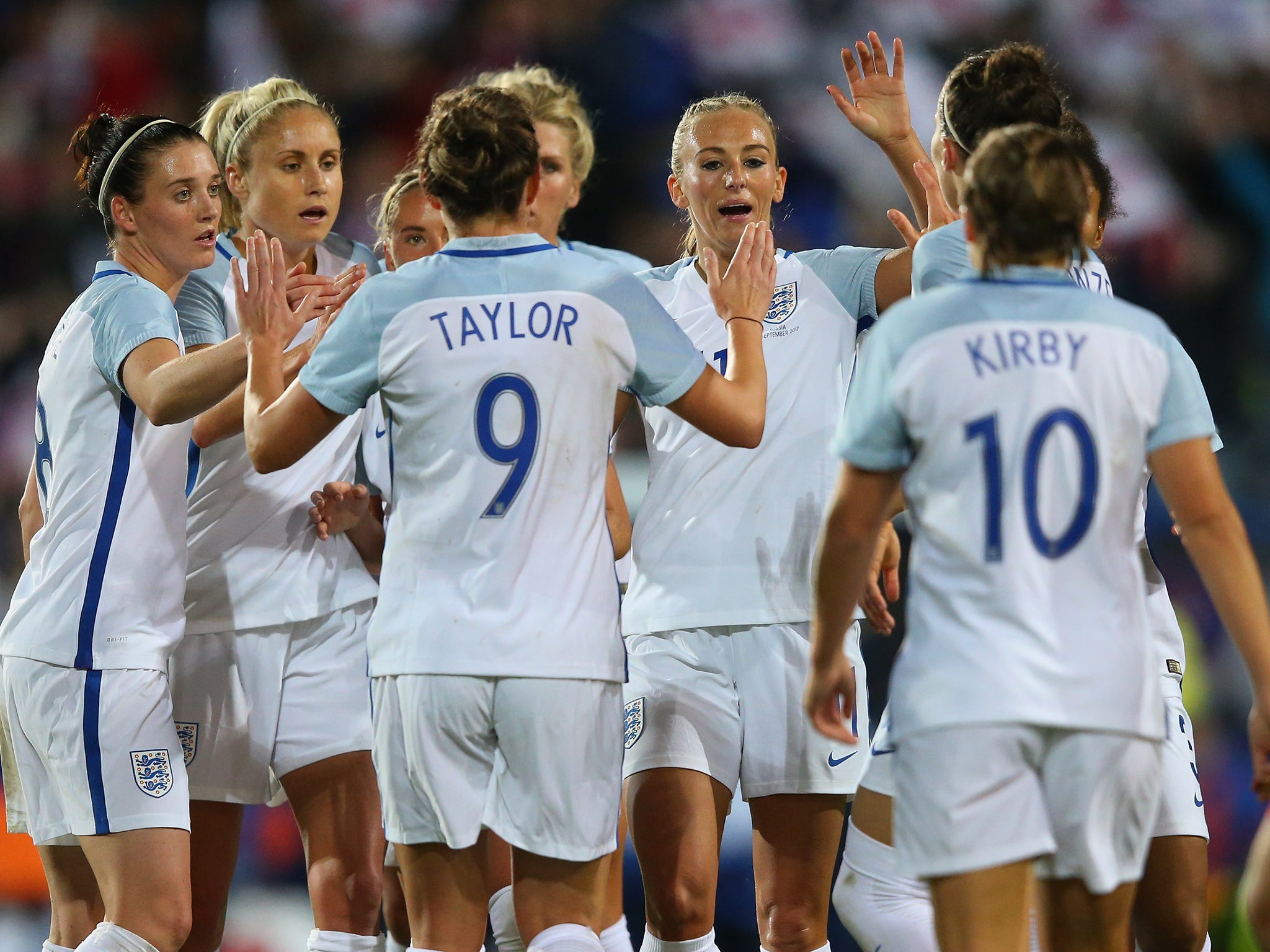
The athletics taking place in Qatar has left something of a sour note – a sport in desperate need of funds in the post-Bolt era and locked in to a competition in the Gulf state that will likely draw as many questionable headlines as glorious ones.
So what else is there that could possibly rival the Women’s World Cup? An Andy Murray win at Wimbledon always has that potential but we’ve seen it before and the tournament is an annual proposition. The Tour de France will likely see British success again but Team Sky’s trail of untruths have dampened enthusiasm around a sport that could barely afford further doubts.
No, from the first night of the tournament, when France kick things off at the Parc des Princes, until the final in Lyon, this looks likely to be a tournament that can signify a sea change in sport in the UK.
A small hop across the Channel but potentially a big step into the future.
Join our commenting forum
Join thought-provoking conversations, follow other Independent readers and see their replies
Comments